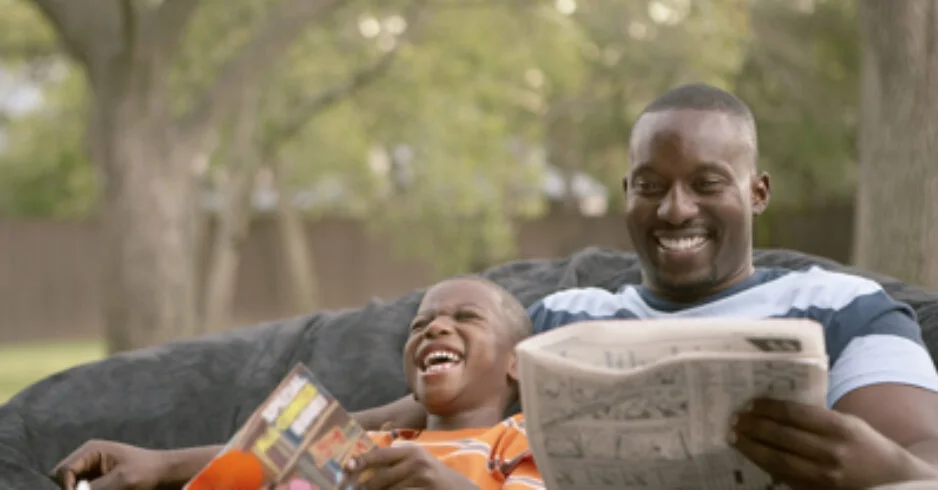As the Stars of the Sky Foundation is dedicated to promoting literacy as we believe that reading is essential to a child’s development and ultimate success in life. Not only is reading individual books impactful, but also reading books in a series.
A study entitled Series Books and Their Effect on Reader Development that was conducted at St. John Fisher College established that there is indeed a positive correlation between reading a book series and child development. It also found that book series nurture the love of reading. “Research has shown that students who read book series, particularly reluctant readers, become more engaged and enthusiastic about reading, and are encouraged to continue reading once they begin a series.”
The study found many positive impacts including:
The child becomes invested in the lives and relationships of the characters;
Because the child is familiar with the story structure, he becomes better equipped to handle more complex readings; and
The child develops high cognitive skills of “reading, rule following, decoding, and pattern recognition” as well as inference and deduction skills.
In the online article 5 Great Advantages of Book Series for Kids, another advantage is highlighted: developing activities from the series. If the series centers on characters going camping, for example, get together with friends and family and do similar activity. This will bring to life what the characters experienced.
I can personally tell you what a joy it was to read many book series with my two sons as they were growing up and how they benefitted from the experiences. One series Hank the Cowdog by John Erickson truly brought us a lot of laughs! The main characters are Hank, a cow dog, his sidekick Drover, who was another dog, and Pete the barn cat. They have a lot of hilarious and quirky adventures. We would read these together, either by my husband and I reading a chapter or one of our sons reading a chapter a day. My sons enthusiastically looked forward to the next book in the series. We ultimately purchased the entire series for the library at our sons’ elementary school.
Please visit the homepage of our website to find out more about my books and what we promote.
To read the study and for more information, please visit:





